Sustainability Ambassadors will join a cohort aligned with their interests. Throughout the program, ambassadors in each cohort will engage in a curriculum and projects centred on a specific theme. On this page, you can find the briefing documents of current and past cohorts, along with year-end reports.
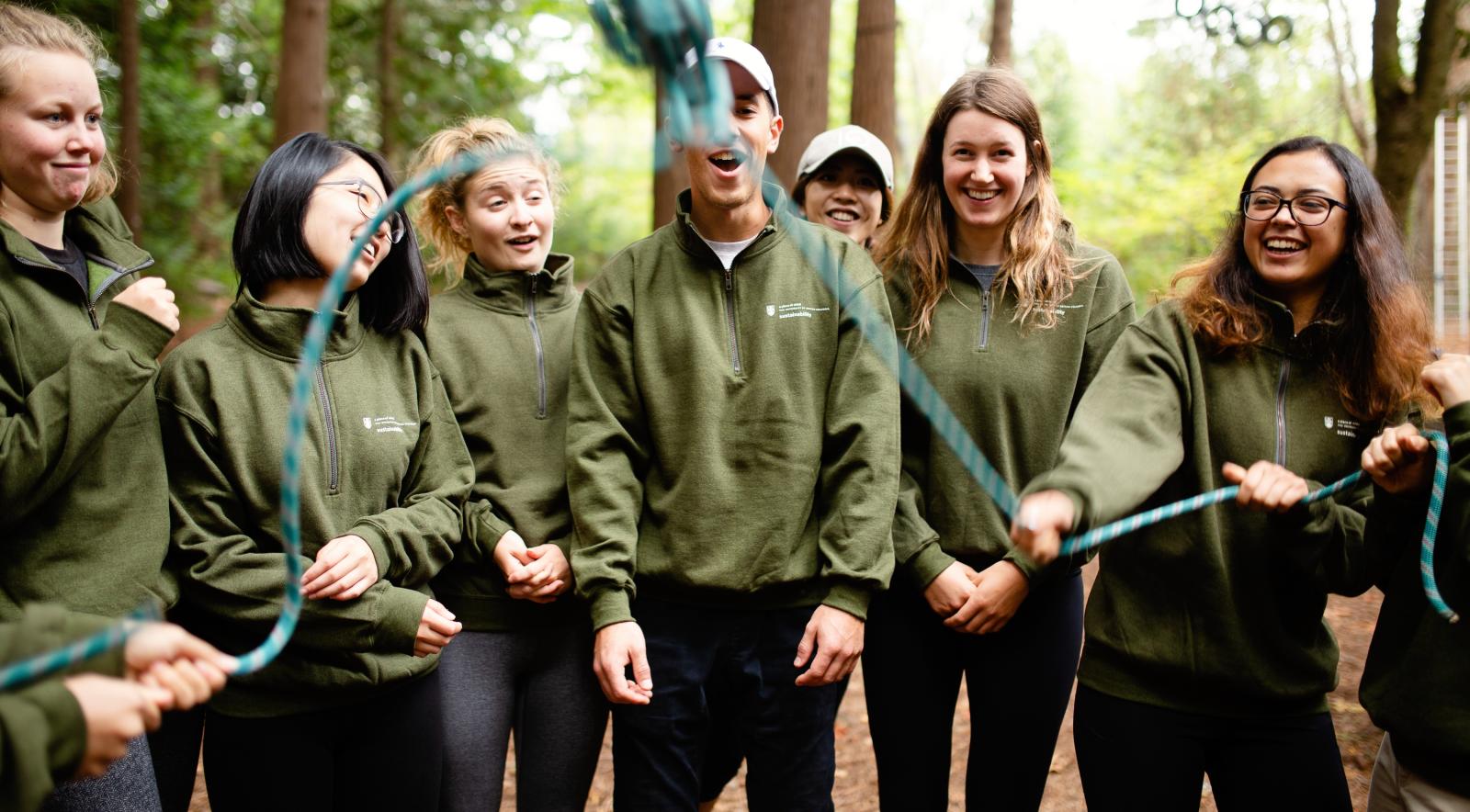
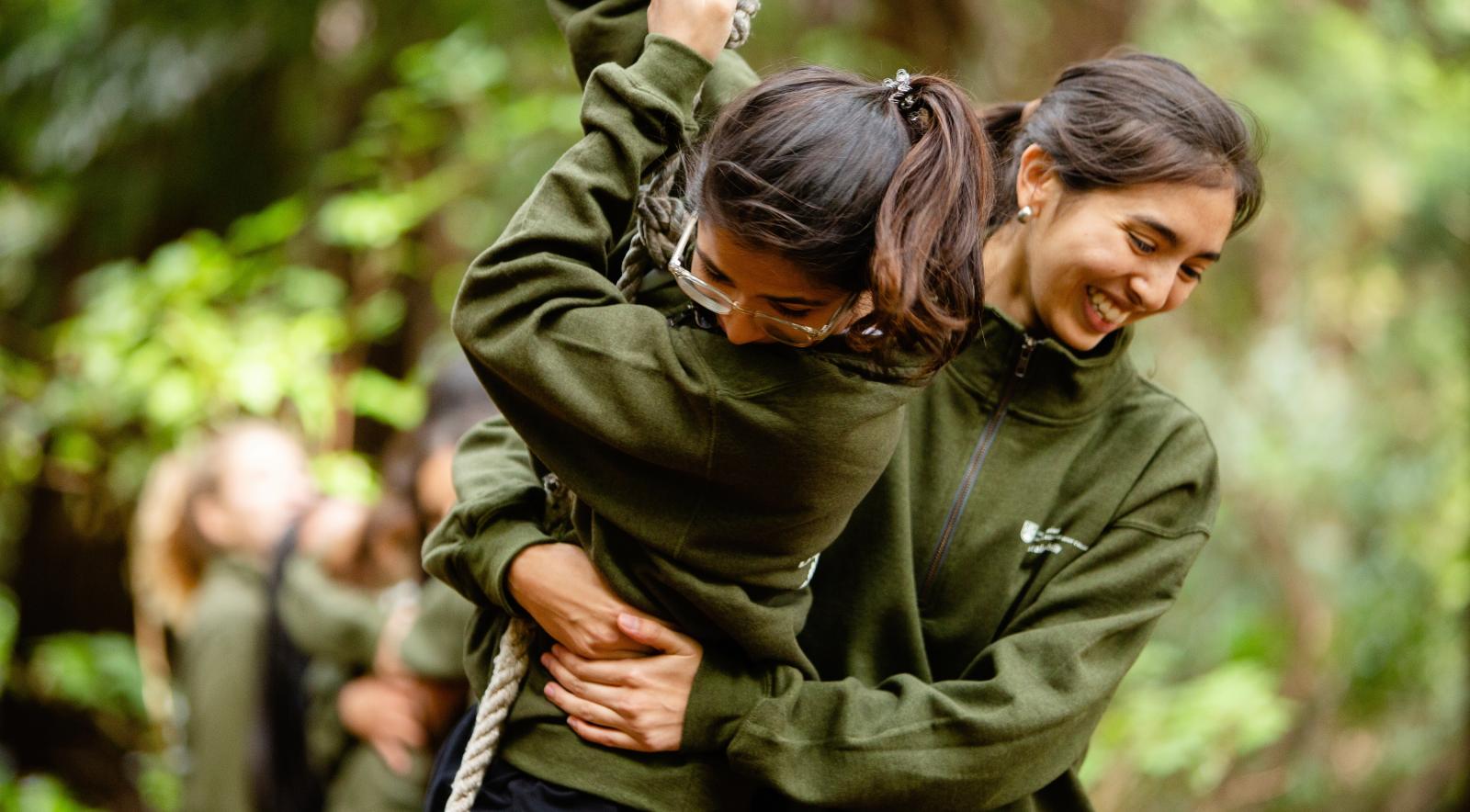
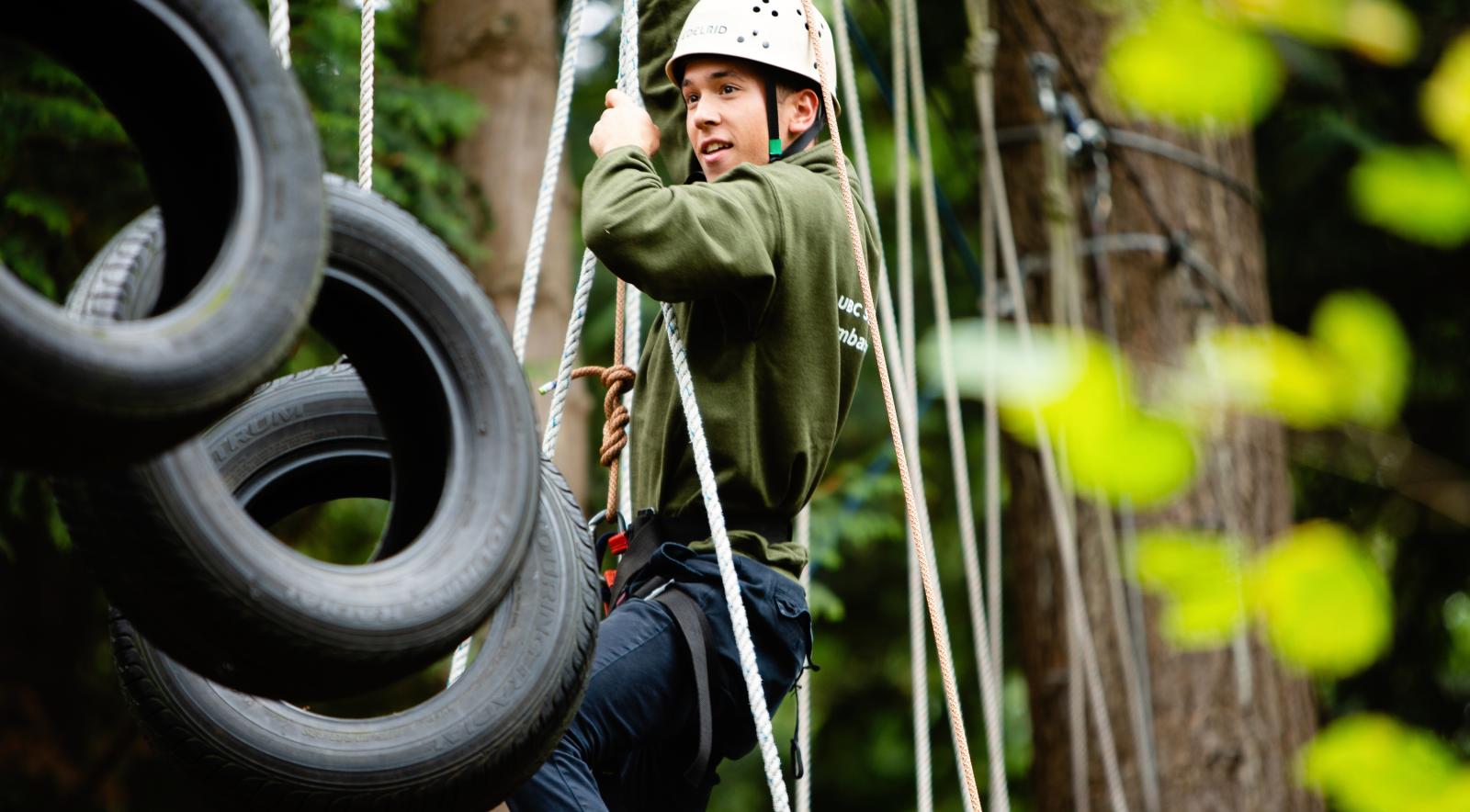
2024/25 Cohorts (current)
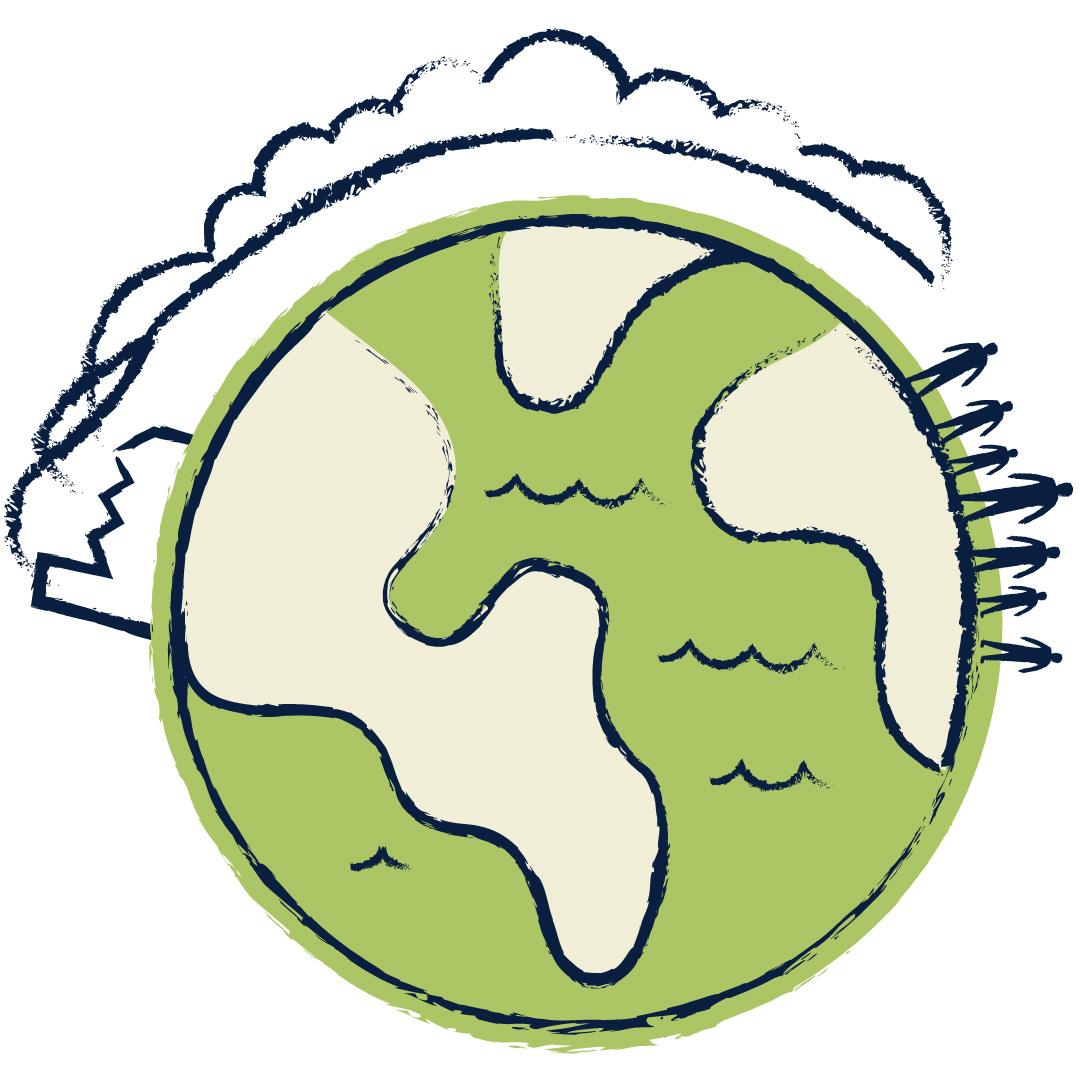
CLIMATE OUTREACH COHORT
Community Partner: City of Vancouver
In the face of a global climate emergency, cities across the world are experiencing increased climate hazards and grappling with how to respond. In Vancouver, extreme heat, poor air quality, drought, extreme rainfall, and sea level rise pose risks to human health and wellbeing, nature and biodiversity, infrastructure, and the economy, with the potential to worsen existing inequalities. Bold, equitable action is needed to address climate change at the root by cutting carbon pollution and to strengthen resilience to these hazards by preparing for the changes that are unavoidable. By expanding climate awareness, the Sustainability Ambassadors in this cohort will help advance several priorities from the City of Vancouver as well as the Sustainability Hub, the University, and Sustainable Development Goals (SDGs).
Expand to View Cohort Brief
Expand to View Cohort Report
CLIMATE WELLBEING COHORT
Community Partner: UBC Climate Hub
The climate crisis is a public health emergency. Extreme weather events such as heatwaves, forest fires, air pollution, flooding, and rising sea levels cause mental distress, trauma, anxiety, depression, and PTSD. Indigenous land defenders, transnational youth movements, and Global South communities across the globe are voicing their eco-grief, fears, hopes, and calling on policy and decision makers to take urgent action. The climate crisis is already here. Still, most populations lack mental health services, funding, and accessible spaces for social and emotional support for their climate grief, anxiety, and hopelessness. Climate well-being is an emerging framework integrating coping strategies with a climate justice approach. This framework centers on systems change, collective advocacy and action, and community care.
Expand to View Cohort Brief
Expand to View Cohort Report
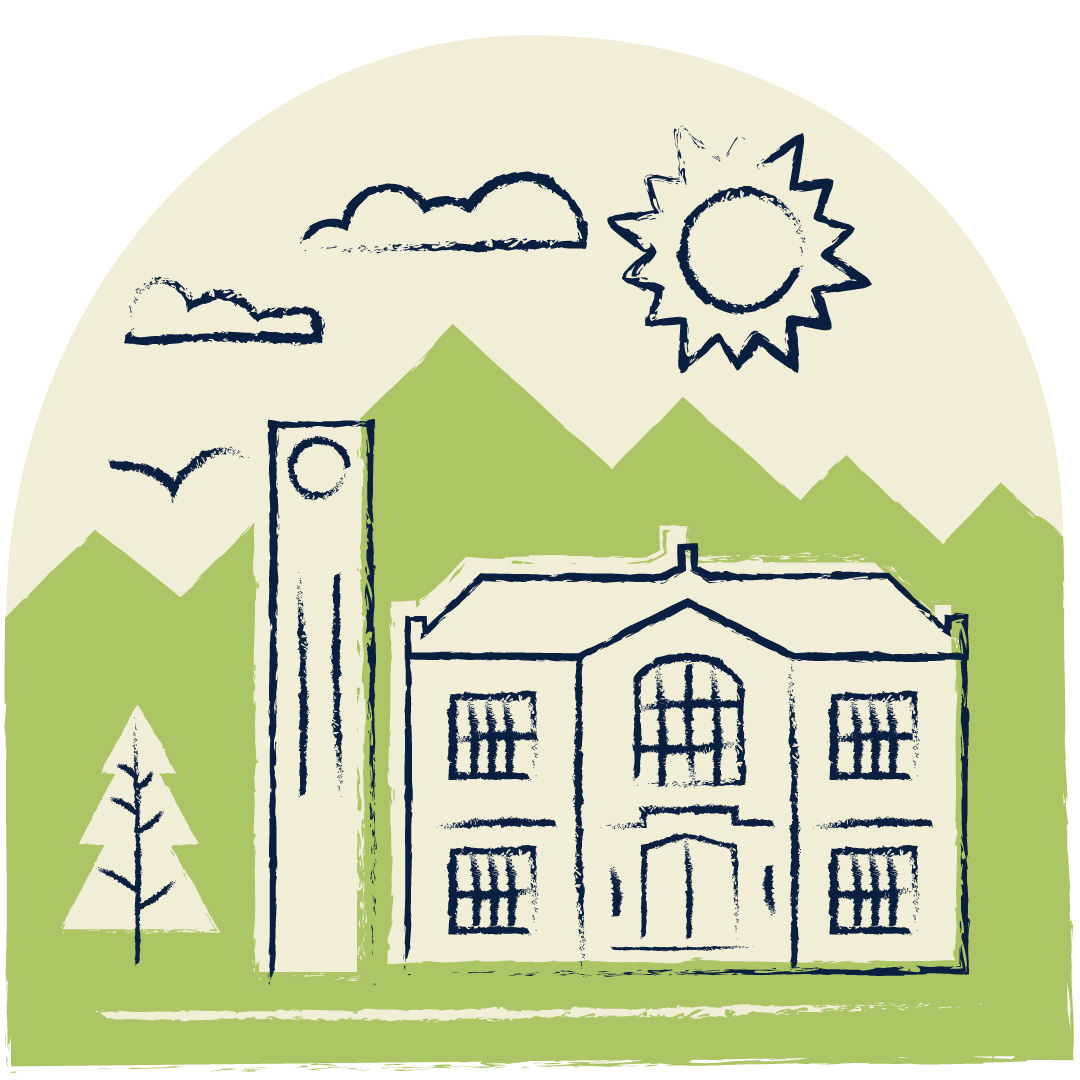
CAMPUS + COMMUNITY PLANNING (C+CP) CLIMATE ACTION COHORT
Community Partner: Campus + Community Planning (C+CP)
In response to UBC’s 2019 Climate Emergency Declaration, the Climate Action Plan 2030 (CAP 2030) was developed in 2021, building on previous Climate Action Plans. CAP 2030 includes emission reduction targets for both indirect campus operations emissions (scope 2) and extended impact emissions (scope 3). Achieving these goals will require continuous cross-campus engagement rooted in an intersectional understanding that the climate crisis stems from historic and ongoing settler colonialism, capitalism, and white supremacy. This year, the C+CP cohort will focus on community engagement with campus scope 2 emissions and scope 3 emissions in our curricula, projects, and workshops.
Expand to View Cohort Brief
Expand to View Cohort Report 1
Expand to View Cohort Report 2
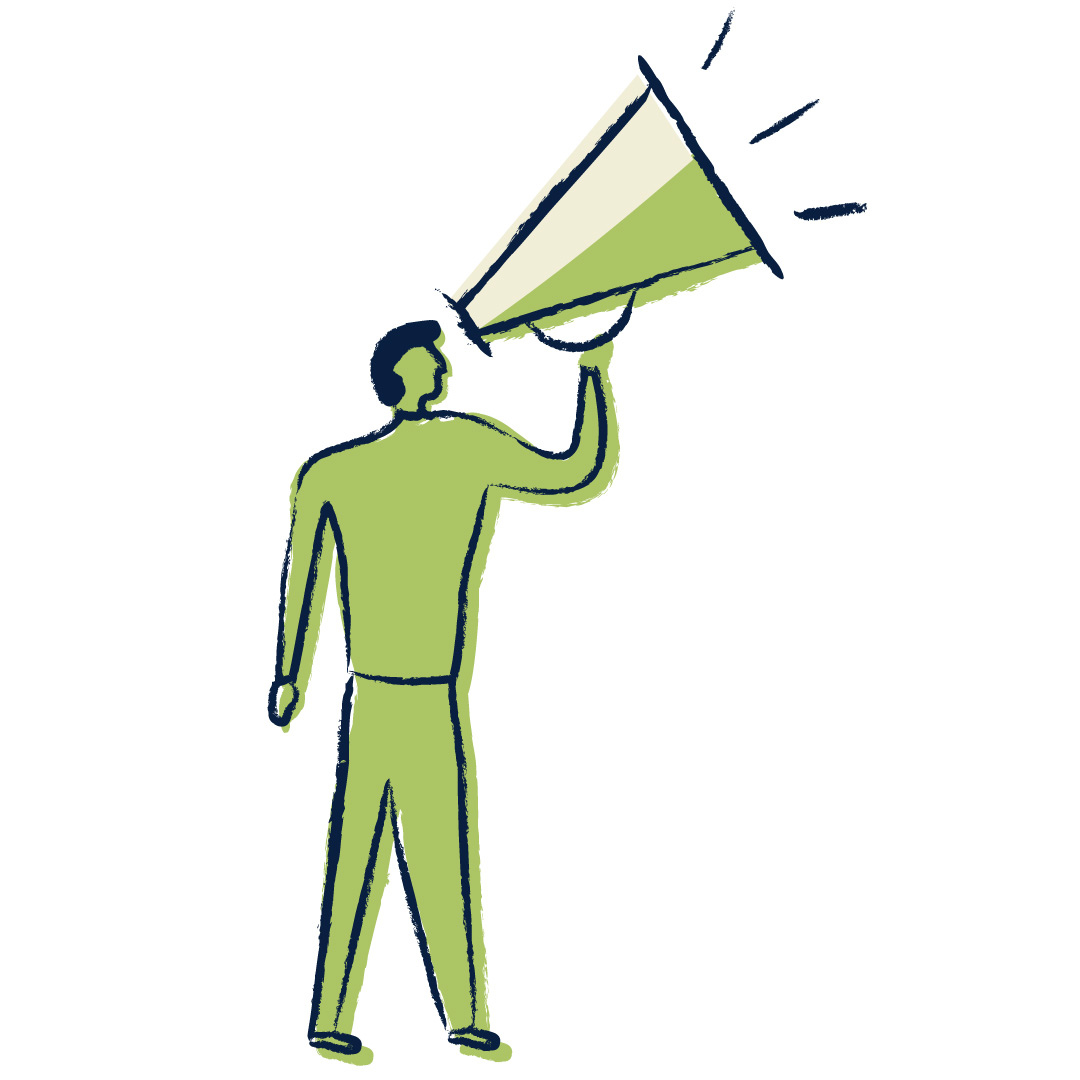
ENVIRONMENTAL JUSTICE COHORT
Community Partner: False Creek Friends
In collaboration with False Creek Friends, and aligned with key principles of Indigenous land stewardship, this cohort shall engage in activities oriented around research, strategic community engagement and advocacy, and policy recommendation, all in a bid to rehabilitate and protect the water of False Creek, and the vast array of life that lives below its surface. Alongside the main projects that the cohort will participate in, they will also engage with local educators, climate enthusiasts, and organizations to; develop key skills and competencies that will further their engagement in this field; aid in achieving the goals and objectives of ‘Friends of False Creek’, and gain key theoretical knowledge on the social, political and economic dimensions that affect environmental justice in False Creek and Vancouver at large.
Expand to View Cohort Brief
YOUTH CLIMATE AMBASSADOR PROJECT (YCAP) COHORT
Community Partner: Be The Change Earth Alliance
Climate change and its consequences on societies have become well-known in the last decade. However, the increase in awareness has not been matched by an increase in the necessary tools, knowledge, and resources to combat it. This knowledge gap has contributed to climate grief, anxiety, apathy, and confusion among many people. This cohort aims to bridge the gap between essential climate knowledge and the appropriate tools and resources young people require to address climate change in their communities effectively. We will focus on expanding knowledge by creating and mobilizing climate information on and off campus, fostering interdisciplinary climate justice education, and supporting student climate justice leadership, engagement, and innovation.
Expand to View Cohort Brief
Want to learn more about any of the cohorts and their initiatives? Contact us at sustainability.ambassadors@ubc.ca
2023/24 Cohorts
Program Year-End Report
CLIMATE COHORT
With the advents of globalization and imperialism have come extensive ecological, cultural, and relational devastation, usurping the stability of long-held relationships between humanity and nature through racial capitalism's systemized extractive and exploitative projects. Indigenous, Black, and other racialized communities are at once both most vulnerable to the climate crisis and at the forefront of resistance efforts – albeit with great costs. The climate emergency is not a crisis of the future - it is already here. The Intergovernmental Panel on Climate Change (IPCC) acknowledged the responsibility for climate change and its impacts are unevenly distributed as well as deeply gendered and racialized. The Climate Cohort will center and prioritize how climate solutions must be based on intersectional Indigenous knowledges as the anthropogenic nature of the crisis is one caused and accelerated by modernity and it most disproportionately impacts Black, Indigenous, and racialized peoples, specifically women and femmes. False climate solutions must also be unpacked and viewed critically as the antidotes to climate crisis’ systemic violences and hopelessness can be action and capacity building rooted in relationality, care, joy, love, intersectionality, and community.
CLIMATE AND MOVEMENT COHORT
Our daily activities all involve movement. Just as the meaning of the word might suggest, movement is a nuanced term that can take on meanings like getting from one place to another on our daily commute or intentionally engaging in movement activities and exercise for our health and well-being, or it takes on the meaning of movement as displacement due to the climate crisis or include social movements stemming from community organizing. We will look at movement through different contexts and its relations to Canadian guidelines, UBC level plans, as well as Sustainable Development Goal 3: Ensure healthy lives and promote well-being for all at all ages. Movement looks different for everyone depending on their lived experiences and we will explore some of these different nuances throughout the Sustainability Ambassadors Program.
CLIMATE ACTION COHORT
Climate Action encompasses a broad range of efforts and actions that help mitigate the effects of climate change and/or increase communities’ resilience and ability to adapt to the inevitable effects the world is already feeling. Effective climate action requires efforts from every institution at every level, as well as a shift in societal values towards a way of living that prioritizes sustainability and deconstructs current systems of oppression that have prevented us from achieving it. The Sustainability Ambassadors program will advance a number of goals outlined in UBC’s strategic plan at large. This cohort in particular falls under UBC’s core area 3 and 4: Transformative Learning and Local and Global Engagement. The Climate Action cohort will help “strengthen undergraduate and graduate student communities and provide an opportunity for practical learning for students” and will prioritize coordinated engagement between UBC and local communities.
CAP 2030: BIODIVERSITY AND THE CIRCULAR ECONOMY COHORT
We understand that capitalist and extractionist actions, deeply embedded in our current colonial societies, have led to biodiversity loss, rising temperatures, and inequity and injustice for those exposed to these physical environments and those reliant on these systems in any capacity. These consequences ultimately affect the resilience of our ecosystems, cities, communities, and all livelihoods, and further perpetuate harm and violence to people and the planet. Recognizing this, our cohort will focus on both biodiversity and circular economy in our curricula, projects, and workshops, as well as utilize these concepts to frame our understanding of the goals and actions toward achieving the
EMOTIONAL RESILIENCE COHORT
As the climate crisis worsens, increasing senses of climate anxiety and ecological grief are felt across communities. In partnership with the Edith Lando Virtual Learning Centre (VLC), Sustainability ambassadors will help build hope, agency and emotional capacities around climate change within the UBC community and beyond. Specifically, the emotional resilience cohort mobilizes climate justice educational resources, facilitates workshops and day camps around climate wellness and provides UBC community spaces to feel, discuss, understand, and take action on what they are feeling. Community care, hope in action, and empowering individuals on campus that feel overwhelmed by climate change are the focus of this cohort.
FOOD SYSTEMS COHORT
Food is a human need that is vital to our well-being and provides us with necessary nutrients. However, food’s impact spans beyond nutrition. Systems in which food is produced, distributed, and consumed can foster or hinder environmental sustainability. Food systems that are sustainable create positive or neutral effects on the environment by supporting ecosystem health and minimizing carbon and water footprint. In Canada, food systems confront various issues such as difficulties aligning trade activity with sustainability goals and decarbonizing food practices. Food systems also disproportionately impact those who are marginalized and experience structural discrimination. In this regard, it is valuable to explore how environmentally sustainable food systems can support food security and prioritize social justice.
Past Cohorts
2022/23
Biodiversity
The Biodiversity Cohort of Sustainability Ambassadors is focused on driving engagement and action on the biodiversity crisis in the UBC community. In term one, this team of Ambassadors has been working hard on developing engagement materials and events. These engagement objectives intend to raise awareness of global conservation initiatives — such as International Soils Day, the 2022 COP15 of the Convention on Biological Diversity, and citizen science tools to monitor ecosystems. In term two, The Biodiversity Cohort will also be conducting applied research that can inform campus policy, in partnership with the SEEDS Sustainability Program. These projects will be driven by campus policy and will support action on monitoring invasive species, assessing ecological connectivity, and supporting native pollinators
Climate
The Climate Cohort is working on three educational outreach projects aiming to both connect UBC community members with nuanced perspectives on the climate emergency and provide safe spaces to engage in self- and community-reflexive dialogue that allow for intellectual and emotional capacity building.
Across both terms, Sustainability Ambassadors are assisting with the development and execution of UBC’s second annual Climate Emergency Week in partnership with Sustainability Hub’s Climate Emergency Team, AMS Sustainability, Climate Hub, Campus + Community Planning, and others. Events are intended to increase knowledge and action on the climate emergency, amplify frontline voices, and empower the UBC community.
In Term 1, members of the cohort developed and facilitated a pilot interactive activity for students enrolled in UBC’s Visualizing Climate Change course offered through the Faculty of Forestry. The activity focused on reinforcing the difference between demand-side and supply-side mitigation strategies for the climate emergency through fun, engaging, and empowering communication.
Emerging in Term 2, IBPOC Student Connections is a project that is being developed in partnership with UBC Wellbeing & the Sustainability Ambassadors Program. Its guiding purpose is to nurture a greater sense of connection between racialized students at UBC by holding space for meaningful conversations around identity, climate resilience & well-being.
Climate Resilient Communities
The Climate Resilient Communities (CRC) cohort is working on three care-oriented and justice-centred projects that aim to build collective capacity around responding to the climate crisis. The Climate & Collective Liberation Project is a community coalition & digital resource hub that spotlights local leaders and organizations to bridge the connections between climate and social justice. Ambassadors will expand upon the scope of this project by engaging in creative knowledge translations, adding content that pertains to the four nodes of CRC (community care, urban resilience, climate tech, and health & wellbeing), and outreach to on and off-campus groups who are involved in climate resilience work.
The Climate Justice Concepts & Contexts Guide is a project being launched in partnership with the UBC Climate Hub. Ambassadors will help conduct community consultations to survey the existing landscape of climate justice & resilience work on campus and identify pathways for engagement with these principles.
IBPOC Student Connections is an emerging project that is being developed in partnership with UBC Wellbeing & the Sustainability Ambassadors Program. Its guiding purpose is to nurture a greater sense of connection between racialized students at UBC by holding space for meaningful conversations around identity, climate resilience & well-being.
Ethical Civic Engagement
The Ethical Civic Engagement Cohort is partnering with the Centre for Community Engaged Learning (CCEL), as well as the Dunbar Residents’ Association (DRA), to develop a 2-5 year Youth Engagement Strategic Plan, focusing on fostering sustainability, intergenerational relationships, addressing social isolation, and combating food insecurity. The plan will detail recommendations for the Dunbar community to address the aforementioned issues, which will be informed through research of local examples and community outreach. This plan will then be given to the DRA for implementation.
Justice
The Justice cohort is developing programming related to just transition for the society, environment, and economy to be featured during the first SDG Week Canada from March 6th to 10th, 2023 in collaboration with the Sustainable Development Solutions Network (SDSN) Canada to raise awareness of and engagement with the 17 Sustainable Development Goals (SDGs). The Social Justice team is planning a panel event to discuss narratives around social deficits versus social assets. The Environmental Justice team is putting together an educational networking event centred around climate and advocacy. The Economic Justice is organizing a movie screening followed by a panel discussion to reflect on the interconnections between ecological and economic systems.
2021/22
Rep/Consultant Positions
Campus and Community Planning
A group of Ambassadors are working closely with Campus and Community planning to develop online resources for students on campus during COVID-19.
Group leads: Aidan Haigh, Joshua Jamora and Sarisa Choy
Project Team Mentors: Tawnee Milko, Campus and Community Planning, Representatives to the Global Lounge
Global Lounge
Sustainability Ambassadors are representatives to the Global Lounge, serving on the International Development and Sustainability committees. They are working throughout the year to create events promoting the goals of their committees and ensuring sustainability is present throughout the planning and programming of various events.
Group leads: Isabella Montecalvo and Ian Garvie
Project Team Mentors: Eve Court, Program Advisor, Global Lounge
Climate Hub
The Ambassadors work with the Climate Hub’s team to seek out opportunities for collaboration and maintain open communication throughout the sustainability community.
Group leads: Vanshika Jotsingha and Lauren Moody
Project Team Mentor: Liam Orme and Adriana Laurent, Climate Hub
Plant Forward Group
Sustainability Ambassadors are working closely with UBC Plant Forward to raise awareness and integrate food security aspects into the UBC Food Services operations.
Group leads: Sadhri Kumar and Kaitlyn Ho
Project Team Mentors: Vicky Kim, Sarah Sara Kozicky and Leo Ernielly (UBC Wellbeing)
Representatives to the Student Sustainability Council
Sustainability Ambassadors serve on the SSC and provide consultation and feedback on the projects brought forward to the Council.
Group leads: Divija Madhani and Jason Adle
Project Team Mentor: Kate Theriault
Kindness Group
Sustainability Ambassadors are working with the Kindness Group to support on-going projects and bring more kindness to the UBC campus.
Group lead: Justin Kung
Project Team Mentor: Laura Super
Communications Group
Ambassadors from across the various major projects planned during the cohort come together to provide support in the promoting of their respective events.
Group leads: Shruti Sridhar, Jade Yeung, Gideon Odionu, Julie Hui, Sakshi Chandak, Vanessa Hsu, Jacqueline Neufeld, Nika Martinussen, Sam Shin, Shane Hunt and Madeline Woodley
Project Team Mentors: Kshamta Hunter and Natalie Hawryshkewich
2020/21
Sustainable Development Goals
Sustainability Ambassadors planned a week-long SDG event to discuss the framework through various lenses including Indigenous perspectives, science, city, and social entrepreneurs
SDG Week
The Sustainable Development Goals (SDGs) are a collection of 17 global goals set by the United Nations General Assembly and adopted by countries around the world. They are a universal call to action to end poverty, protect the planet, and ensure that all people enjoy peace and prosperity in a world where no one is left behind.
This year’s SDG Week will include a series of events and workshops to learn about the SDGs and gain skills to take into your own action. Over the course of the week, students will be able to engage with the SDGs through the lens of the 5 Ps (Peace, Prosperity, People, Planet and Partnerships).
Sustainability Ambassadors team leads: Gideon Odionu, Kaitlyn Ho, Julie Hui, Sakshi Chandak and Lauren Moody
Project Team Mentors: Mannkiran Pandher and Emily White
Emerging collaborations: Global Lounge and UBC SDG Alliance
Sustainability Career Connections
Want to learn more about the sustainable careers available to you as well as work on the skills to get you there?
A careers night will be hosted for students to receive sustainability career information. This will give students the opportunity to discover how sustainability may be incorporated into their careers without being a strictly sustainability-related profession.
Sustainability Ambassadors team leads: Sarisa Choy, Shruti Sridhar, Vanshika Jotsingha and Jade Yeung
Project Team Mentors: Manjot Sandhu and Anisha Sandhu
Emerging collaborations: EMBARK SFU, Kwantlen Student Association, Climate Hub and CityStudio
Sustainability Hackathon
The Hackathon created by the same Ambassadors team will include a challenge posed by the community partner, AMS Sustainability, that requires the attention of interdisciplinary research and creative new perspectives. This event will allow students to work collaboratively in consultation with stakeholders to devise innovative ways to address a sustainability challenge.
Sustainability Ambassadors team leads: Sarisa Choy, Shruti Sridhar, Vanshika Jotsingha and Jade Yeung
Project Team Mentors: Manjot Sandhu and Anisha Sandhu
Emerging collaborations: AMS Sustainability
Sport and Sustainability
A team of Sustainability Ambassadors is partnering with the Centre for Sport and Sustainability to create a resource guide and podcast on Athletes and Impact Making.
Sustainability Ambassadors team leads: Sadhri Kumar and Vanessa Hsu
Project Team Mentor: Phoebe Autio
Emerging collaborations: Brian Wilson, Centre for Sport and Sustainability
Indigenous Perspectives, Social Justice Project
The Sustainability Ambassadors team is working to establish a collaborative group where students can come together to strategize ways to take action against social injustices and promote intersectional environmentalism.
Sustainability Ambassadors team leads: Jacqueline Neufeld, Samuel Shin and Nika Martinussen
Project Team Mentor: Vicky Kim
Emerging collaborations: AMS Indigenous counselor and committee, Amplify Indigenous Voices initiative, and AMS Sustainability
Sustainability Storytelling/Research Symposium
Are you interested in learning, connecting and engaging with storytelling related to sustainability and research?
The Ambassadors will be hosting an online event where UBC students can connect with professionals and immerse in different stories around research in the sustainability field.
Sustainability Ambassadors team leads: Jason Adle, Justin Kung, Joshua Jamora and Shane Hunt
Project Team Mentor: Laura Super and Tiffany Mak
Emerging collaborations: CALP
Circular Economy in Action
How can UBC further its sustainability goals through incorporating circular economies?
Sustainability Ambassadors are in the midst of planning an initiative meant to enhance other circular economy initiatives occurring on the campus. In the end, the UBC community and infrastructure may be able to adopt more sustainable practices through the theory of the circular economy.
Sustainability Ambassadors team leads: Aidan Haigh, Ian Garvie, Kaitlyn Ho, Divija Madhani, Madeline Woodley and Isabella Montecalvo
Project Team Mentor: Natalie Hanna
Emerging collaborations: Campus and Community Planning, AMS Sustainability and CAP 2030
2019/20
Sustainable Development Goals
Sustainability Ambassadors planned a week-long SDG event to discuss the framework through various lenses including Indigenous perspectives, science, city, and social entrepreneurship. Besides boosting awareness of the SDGs, the aim of our SDG Week is to facilitate increased collaboration among various organizations working on the goals.
Through active discussion and listening, the SDG Week encouraged groups to recognize that sustainability is wholly interconnected and that we are more connected to one another than we may think.
UBC Student Leadership Conference: Sustainability Workshop
The interconnectedness of sustainability challenges must be addressed to meet the urgent environmental, political, and economic challenges the world currently faces.
Presented as part of the 2020 UBC Student Leadership Conference, this workshop focused on social, economic, and environmental sustainability, encompassing multiple perspectives, to explore the connections between leadership and sustainability.
With a focus on the Sustainable Development Goals (SDGs) – a collection of global goals set by the United Nations in Agenda 2030 – attendees gained the tools and knowledge to critically implement the SDGs as leaders in their communities, contributing to a more prosperous, safe, and sustainable planet.
Sustainability Fair
The Sustainability Fair aimed to inspire students, faculty, and staff to become involved with sustainability through engaging activities and informative displays.
The fair is an interdisciplinary and intersectional event showcasing businesses, organizations, and student groups that aim to create more equitable, livable, and inclusive communities. This year's goal was to educate students about some of the sustainability issues they were less familiar with, and to promote new or innovative methods of practicing sustainability.
Sustainability Hacks
Sustainability Hacks is a code-free hackathon that brings local sustainability-driven organizations, UBC faculty members, and ambitious students together for a weekend of synergy and innovation. Students worked collaboratively in teams of 3-6, in consultation with faculty members, to “hack” a solution to an issue that a community organization faces.
Sustainability Career Connections
Are you interested in pursuing a career in sustainability? Sustainability Career Connections connects students with alumni working in the industry. Hear about their path, and how they have transformed their education into a career.
Sport and Sustainability
A group of Sustainability Ambassadors are working closely with the Centre for Sport and Sustainability to developed a project with UBC Varsity teams and their climate impact by measuring their carbon footprint involving travel and gear.
2017/18
WASTED – A VIDEO SERIES
The 2017/18 Ambassadors worked with campus stakeholders and film students to develop 4 short films to integrate into student training, screen at events, and as a UBC student facilitation tool.
These films demonstrate:
- Where our energy comes from
- How much energy, water, and food are consumed and wasted daily
- Positive environmental impacts of small lifestyle changes
- Average carbon footprints and how to lower them
Wasted. A video series: Waste. [Youtube]
Wasted. A video series: Food. [Youtube]
Wasted. A video series: Water. [Youtube]
Wasted. A video series: Energy. [Youtube]